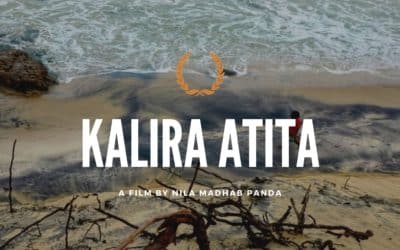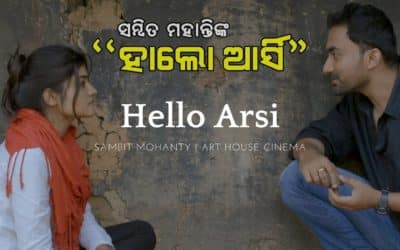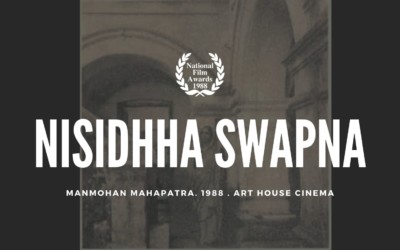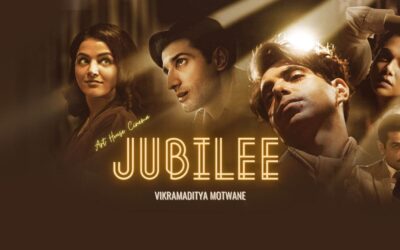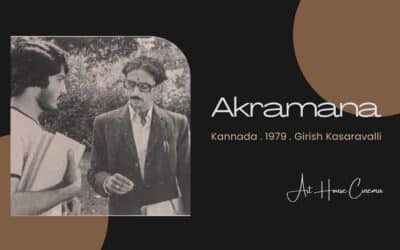The idea of the subjugation of women and the subordination of people of either sex to the traditional values of the majority is central to Andha Diganta (‘Blind Horizon’, 1989), a film remarkable for the candour with which Mahapatra depicts the stubborn callousness which so often sustains people in their relations with others. Although suspicion, censoriousness and bitterness are at the heart of the work, Mahapatra opens his film somewhat ironically with a nocturnal music recital before the ancient ruined temple. It is easy to discern the suggestion of the authority of ancient tradition in the physical setting, but the ironic touch lies in the prominence of music, to which form and harmony are so basic. The film will conclude with a similar recital, and throughout Shankar will play his tabla to express his feelings, teaching the instrument to his stepson and so gradually cementing a bond with him.Thus, this suggestion of harmony is a poignant undercurrent in a film to which censure and divisiveness are fundamental.
Cast
- Jayaswami
- Arun Nanda
- Sarat Pujari
- Lila Dulali
- Mihir Das
- Sarbajit Mohanty
- Niranjan Patnaik
Crew
- Production: Vox Visuals Private Limited
- Story: Prakash Patra
- Screenplay: Prakash Patra, Manmohan Mahapatra
- Dialogue: Nandalal Mohapatra
- Cinematography: Dilip Ray
- Music: Ajaya Ghosh
- Audiography: Nagen Barik
- Editing: Rabi Patnaik
Story
Authored by Prakash Patra, “Andha Diganta” beautifully brings out the essential hopes that humans pine for even in the face of worst crises. The village class struggle and in that, the individual quest for liberation; the longevity of the former and the short-lived later. The film narrates the victimisation of a hope which once took shape with marriage of Shankara with Radha. Radha is extraordinary in that she has been castigated by the village folk, psyched up by propaganda of landlord Narayan Choudhuru. Radha’s other facet is her ‘tainted’ past, her illegitimate child Ratan, and her indomitable spirit to evade the lustful Choudhuri.
Shankar has to offer feast to the entire village, for he has dared to marry this Radha. But such is the irony (reminiscent of Kanhu Charan’s “Shasti”) that for this, he has to mortgage his land with Choudhury. But this alone does not suffice, for Radha succeeds till the end to escape Choudhuri. But Choudhuri plays his last card by sending his manager to seize Shankar’s property in hope against hope that Radha might acquiesce. Radha decides and Shankar consents to leave the village for good. They would borrow money in the city and work hard to pay of the debts and lead a new life there, with new rays of hopes.
Hopes spring eternal. Some compromise like Lakshmi, daughter of Shankar’s friend Goura. She loves Madhua, but marries another person, due to societal compulsions. But Radha is hopeful of not giving in. She will struggle to bring hope to life, hers, her Shankar’s and their children’s. As actors, Arun Nanda, Manimala Debi, Sarat Pujari and Jaya Swami have ably supported the strong theme of the film.


